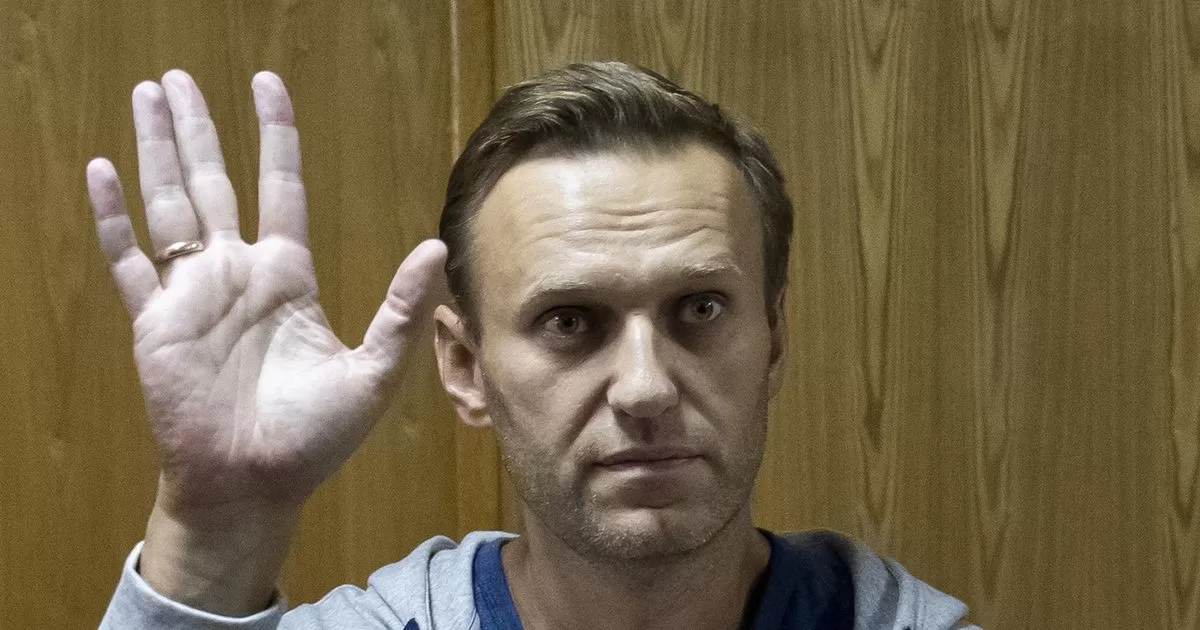In the Wirecard process, an auditor reported today about hindrances and attempts to influence the special audit of the payment service provider’s balance sheets. The former CEO Markus Braun also tried to put the auditing company KMPG under pressure and threatened legal action, KPMG CEO Sven-Olaf Leitz said today before the Munich Regional Court.
Wirecard collapsed in June 2020 because 1.9 billion euros allegedly booked in escrow accounts in Asia could not be found. According to the indictment, the money never came.
The Austrian Braun, the group’s former chief accountant, and the former Wirecard managing director in Dubai have been on trial for suspected fraud since the beginning of December. They are said to have invented a large part of the business with other accomplices and cheated banks by over three billion euros. Braun denies that, the co-defendant managing director has confessed and appears as a key witness.
Braun: “I have mastery knowledge”
Leitz said KPMG did not find the money. Braun then said to him: “Trust me, it’s all there. I have mastery knowledge.” All the alarm bells went off for him, said Leitz. Wirecard sales manager Jan Marsalek, also Austrian, fobbed off the examiners with the strange question: “Who else should have the money? Kim Jong Il maybe?”
From October 2019, KPMG was to examine the balance sheets from 2016 to 2018 in a special audit on behalf of the Wirecard Supervisory Board and clarify whether allegations of manipulation raised in the “Financial Times” (“FT”) were justified. But the test was very tough, very sluggish, said Leitz.
Apparently multiple attempts to influence by auditors
“There were several attempts to influence us,” said Leitz. The discussions were sometimes very emotional. Braun threatened legal action and “tried to put pressure on us”. But he also appealed to the examiner: KPMG had “the handle for the electric chair in his hand” on which he was sitting. In the final meeting, attempts were made to delete or change passages.
Wirecard and the Group’s business partners in Asia processed credit card payments as payment service providers at the interface between retailers and banks. According to the prosecution and the key witness, the sales at these third-party partners were fictitious, but according to Braun, they were real.


